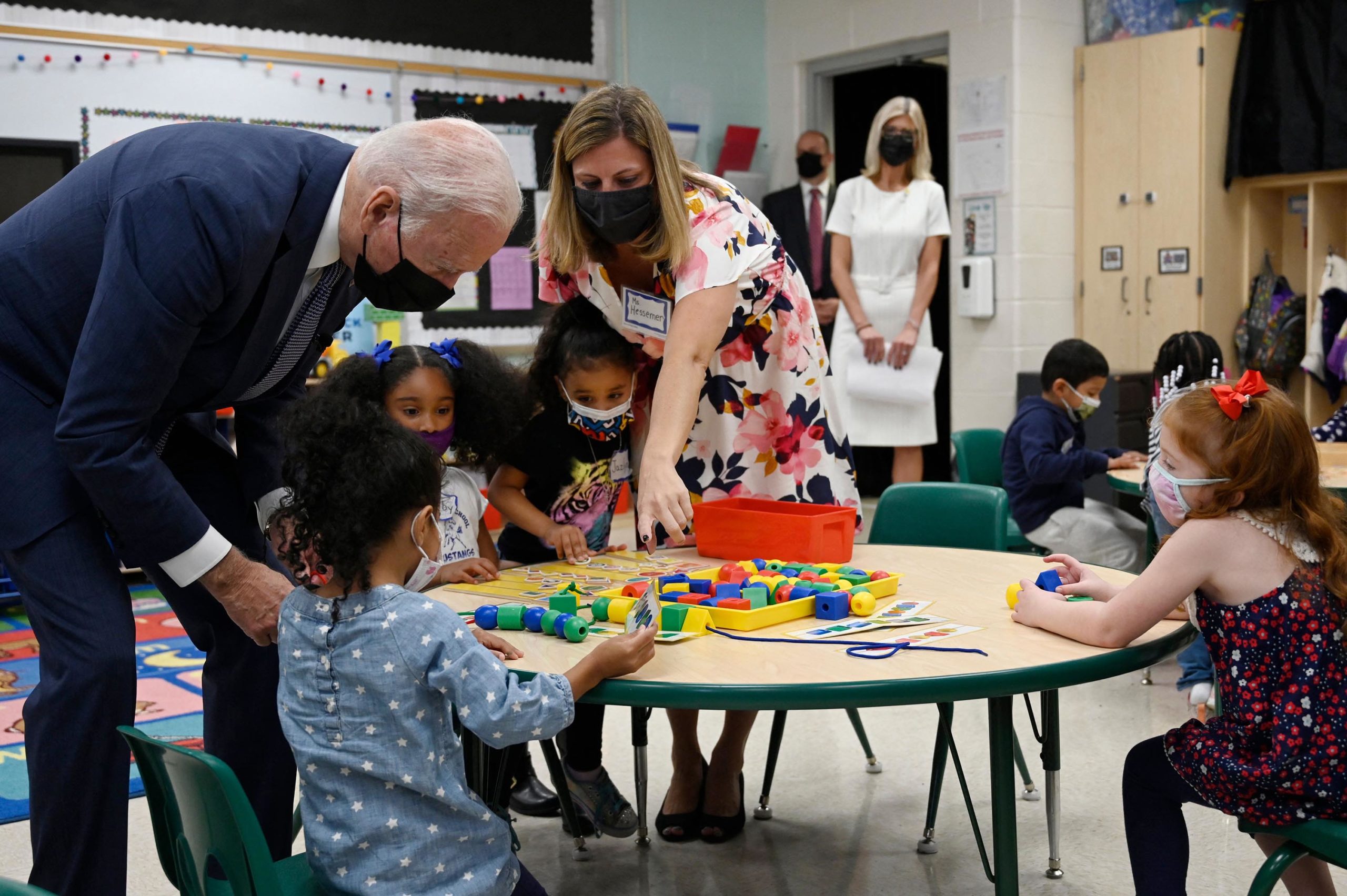The Universal Benefits of Universal Pre-K
The Universal Benefits of Universal Pre-K? Few parents deny that some form of formal education is necessary for kids aged about 5 years and up. Home school, public school private school — kids need to learn skills like reading, math, science and art, and they do that best in an environment with structure and the aid of knowledgeable instructors. That is why nearly 100 percent of America’s children are engaged in some form of education.
Yet, for kids younger than 5, American parents are less convinced about the benefits of formal education. In the U.S., only about one-half of 3-year-olds are enrolled in preschool programs, and nearly a third of 4-year-olds are kept at home, without any exposure to classroom environments.
For years, early childhood development experts have been advocating for universal Pre-K programs across the country. Parents on the fence about sending their little ones to Pre-K might consider the following peer-reviewed benefits and support the establishment of universal Pre-K within their communities:
Preschool Students Are Better Prepared for Kindergarten
Kindergarten is the hard start of a child’s academic career — but for some kids, it is a more difficult beginning than others. For kids to learn in Kindergarten classrooms, they need to be capable of sitting still, listening to instructions and interacting competently with their peers. However, even these basic skills require practice, and it is difficult to become adept at classroom behavior while also being asked to learn letters, numbers and other fundamentals of academics.
Preschools give toddlers the time and space for them to adopt proper classroom behavior before true learning needs to take place. Therefore, students who attended preschool are often more prepared to begin learning from the very beginning of Kindergarten, allowing them to focus on the academic aspects of their lessons.
Preschool Students Tend to Have Better Academic Achievement Over Their Lifetime
How a student learns to behave in their Kindergarten classroom sets their expectations (and their teachers’ expectations) for the rest of their academic career. A young child who frequently gets chastised for a failure to sit still and focus on class materials in Kindergarten may develop negative associations with school and which impacts their academic achievement.
In addition to learning classroom behavior, students in preschool often begin studying rudimentary academics, like letters, numbers, arts and sciences. Then, when they enter Kindergarten classrooms, they may be able to begin their educations with more advanced curricula, allowing kids to gain more sophisticated knowledge and skill with greater speed. In these ways, preschool gives students the opportunity for more impressive academic achievement over their lifetime.
Preschool Allows Parents to Maintain High-quality Employment
When parents can outsource childcare, they can maintain more reliable employment that has the potential to improve the home environment in a variety of ways. Full-time employment often comes with higher household income, which can give young children the stability they need at home to allow them to focus on schoolwork. Higher salaries may also help parents afford high-quality educations for their kids in charter or private schools, further increasing their opportunity for academic and career achievement.
Unfortunately, this benefit of preschool is typically only available when all families have equal access to pre-K services. The families most in need of preschool to maintain employment are not likely to be able to afford expensive, private pre-K programs. However, only in Florida, Georgia and Oklahoma is preschool universal, which means that in every other state and territory, parents must struggle to find their own childcare or else allow both their careers and their children’s academic success to suffer.
Conclusion
Many states have multi-year plans to implement universal pre-K, giving parents with one kids at least one year of preschool before true academics begin. This means that schools will be in greater need of teachers armed with early childhood development degrees who can help the youngest students develop the skills they need to achieve success from the beginning of Kindergarten through higher education.
However, for universal preschool to become more widespread, parents everywhere need to accept that more education offers more benefits to their kids. By considering the important advantages listed above and talking to early childhood development experts about the impacts of preschool, little ones everywhere could have a better chance at lifelong success.

